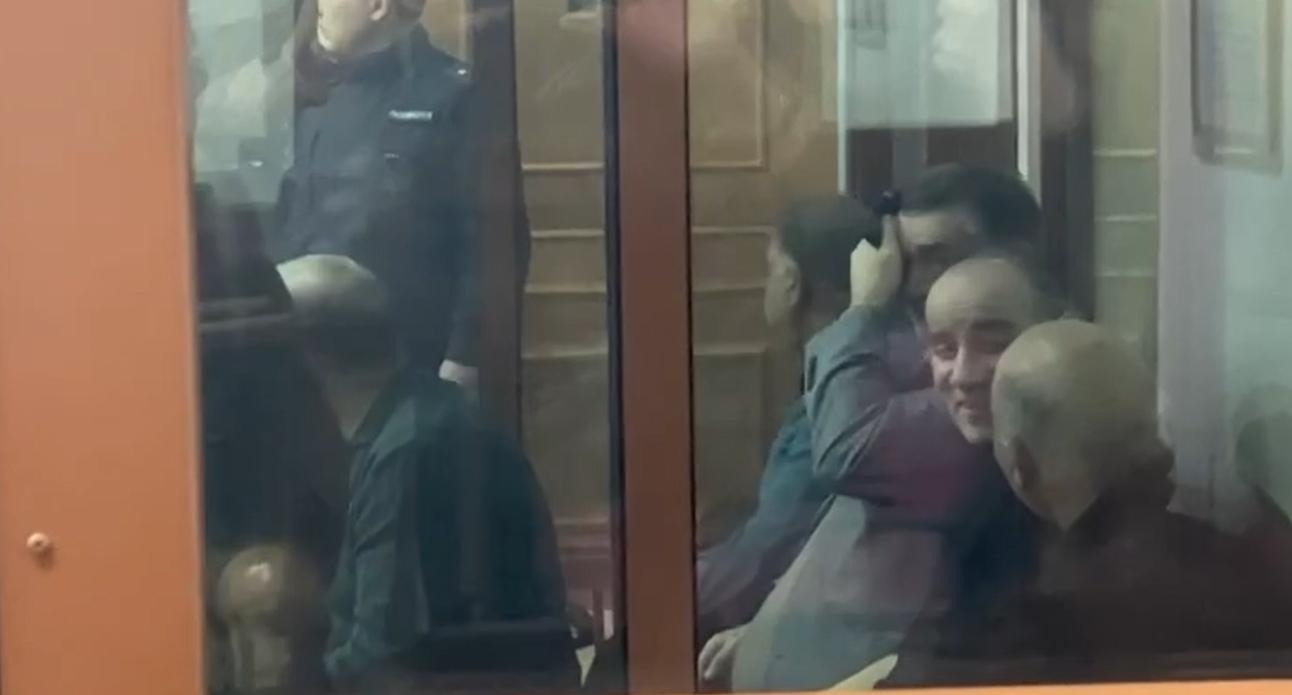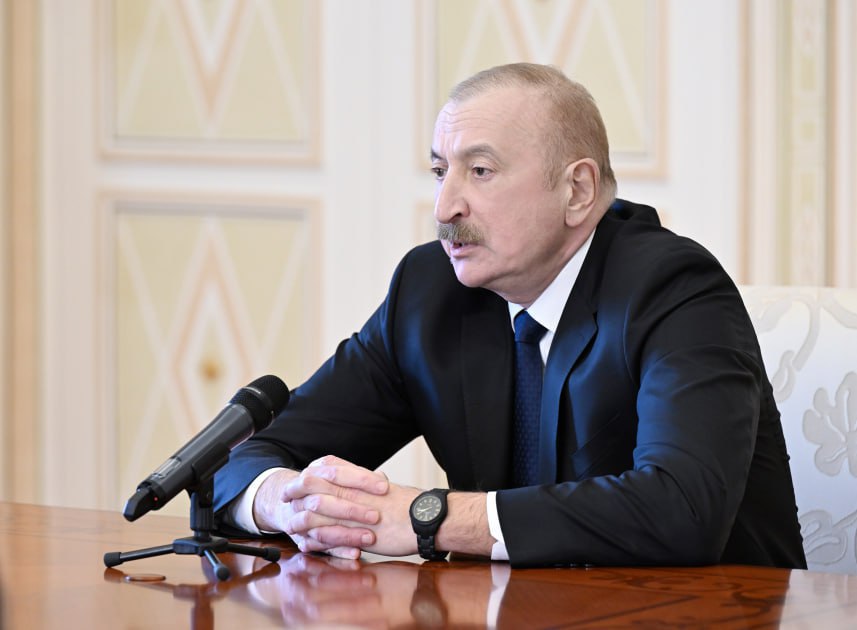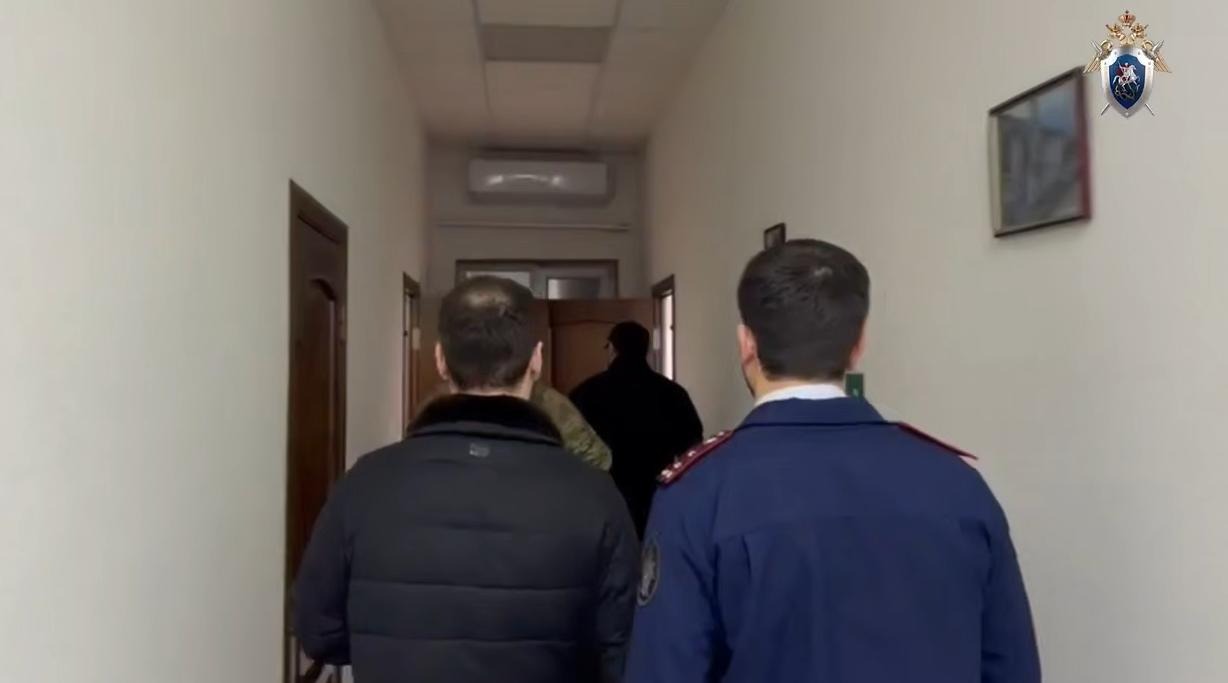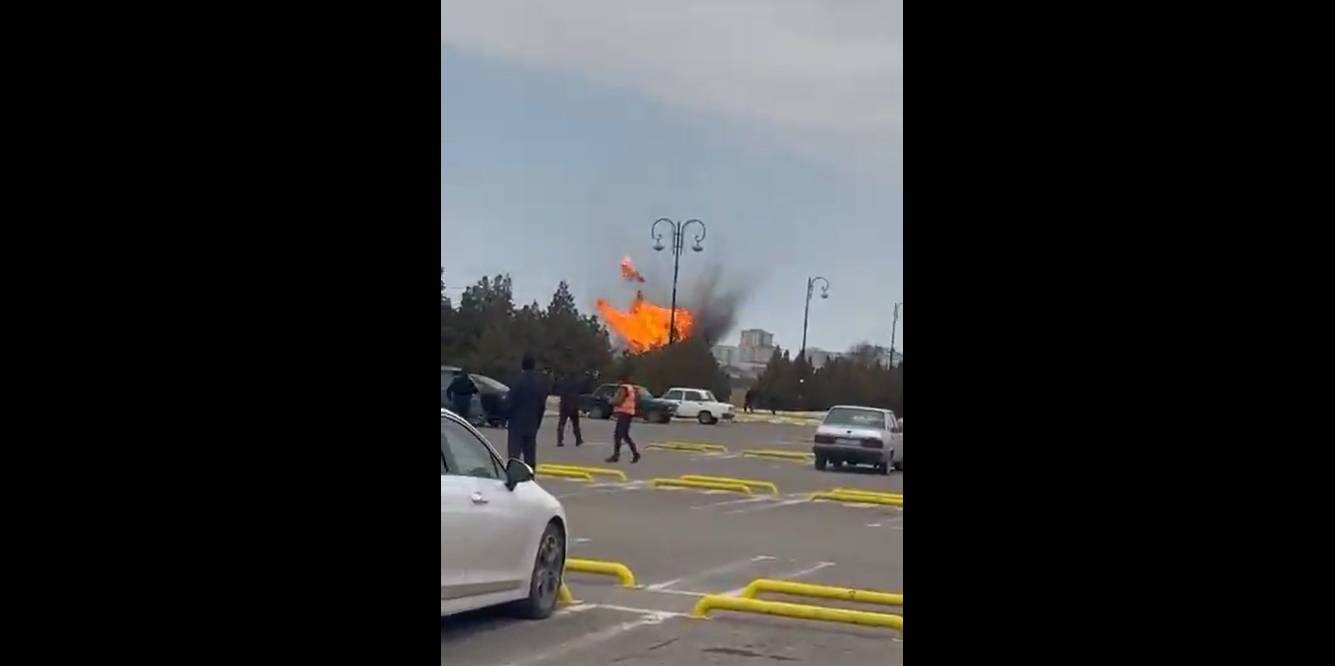The former head of the Azerbaijani diaspora in Yekaterinburg, Shahin Shikhlinsky, was sentenced to 22 years in a maximum-security prison colony. Six other Azerbaijani-born individuals received sentences ranging from 10 to 20 years.
On September 19, Azerbaijan announced the start of "local anti-terrorist measures" in Nagorno-Karabakh and began a massive shelling of its territory. By the end of the month, more than 100,000 Armenians left the unrecognized republic and fled to Armenia. NKR President Samvel Shahramanyan signed a decree on the termination of the republic's existence from January 1, 2024.
One-day war
The formal pretext for the start of the operation on September 19 was the explosion of two cars on mines and the death of six Azerbaijani servicemen and civilians. According to a statement from the Azerbaijani Defense Ministry, the mines were laid "for terrorist purposes by reconnaissance and sabotage groups of the Armenian armed forces in the Karabakh economic region of Azerbaijan."
The Azerbaijani side declared the objectives of the operation to be ensuring the provisions of the trilateral statement concluded with Armenia and Russia, preventing "large-scale provocations in the Karabakh economic region", disarming and withdrawing the Armenian armed forces, neutralizing their military infrastructure, and "restoring the constitutional order of the Azerbaijan Republic".
Fire was opened along the entire line of contact. The Armenian authorities reported 32 dead and over 200 wounded. Residents of Stepanakert took refuge in bomb shelters. The strikes were primarily aimed at anti-aircraft missile systems and air defense systems of the Armenian forces. Russian peacekeepers in the Nagorno-Karabakh Republic did not return fire; they were evacuating residents of border villages deep into Karabakh.
Capitulation
On September 20, at the initiative of the Russian peacekeepers, the NKR authorities announced a ceasefire and disarmament - that is, in fact, a capitulation. In one day, the NKR army lost about 1,000 people - almost half of its total strength - and ran out of ammunition.
Azerbaijan put forward its conditions: units of the Armenian Armed Forces located in Karabakh must surrender all weapons and heavy equipment and leave the territory, illegal Armenian formations (that is, the NKR army and volunteers) are disbanded.
After the ceasefire was announced, there were casualties among the Russian peacekeepers. Five of them were shot in a car by Azerbaijani soldiers who mistook them for members of "illegal Armenian armed formations." The sixth was killed by shelling from the Karabakh military. Azerbaijani President Ilham Aliyev offered an official apology to the Kremlin and condolences to the families of the victims. The Azerbaijani prosecutor's office has launched an investigation.
On September 21, Azerbaijan held talks with representatives of Nagorno-Karabakh on security guarantees for Armenians who fear ethnic cleansing. In Baku, international observers were told that the socio-economic integration of the Armenian residents of Karabakh is an internal matter for Azerbaijan.
Mass Exodus and a New World
On September 24, a mass exodus of ethnic Armenians from Artsakh (as Armenians call Karabakh) began. According to UN estimates, no more than a thousand of the republic's 120,000 residents remain there.
Baku announced that Armenians could stay [in Karabakh] on condition that they accept Azerbaijani citizenship and undergo the registration procedure. Apparently, the Armenians did not consider it possible to accept such an offer, at least for now, and did not believe the promised security guarantees: refugees rushed to Armenia through the Lachin corridor.
On September 27, at the Lachin border checkpoint, Azerbaijani border guards detained the former NKR state minister, businessman, philanthropist, one of the richest people in Russia, Ruben Vardanyan, who renounced Russian citizenship in 2022 and moved to Nagorno-Karabakh. He was taken to Baku and arrested on charges of financing terrorism, creating illegal armed groups, and illegally crossing the border.
The events in Nagorno-Karabakh have caused a mixed reaction in the international community. While the United States and especially France have sharply condemned Azerbaijan's actions, Russia has limited itself to calling on both sides to stop the military confrontation. Some pro-Armenian political scientists have stated that the Kremlin knew about the impending escalation, but agreed to sacrifice Armenia's interests for the sake of good relations with Turkey. The European Union, dependent on Azerbaijani gas, has also not gone beyond declarations, experts believe.
On October 15, Azerbaijani President Ilham Aliyev ceremoniously raised the Azerbaijani flag in the former capital of the NKR, Stepanakert (now the Azerbaijani city of Khankendi). Thus, the Karabakh conflict is over. Whether this will be the beginning of peaceful coexistence between the two Transcaucasian republics depends primarily on Aliyev. Many political scientists believe that Transcaucasia now has a unique historical chance to build relations without regard for its strong neighbors. Meanwhile, the West and Russia continue to compete for the status of the main mediator in these negotiations. Armenia, disappointed in Russia, casts its gaze to the West.
In Baku, they are voicing the idea that only countries of the region should participate in the Karabakh negotiations, that is, Azerbaijan, Armenia, Georgia, Turkey, Iran and Russia. However, Georgia is not ready to sit down at the same table with Russia, which it calls an occupier.
"Armenia must recognize itself as a subject of politics, because until now it has been an object of Russian politics... I think that where Russia is, there are always problems: in the end, they do not give the people the opportunity to live their own way," conflictologist Paata Zakareishvili said in an interview with the BBC.
"Therefore, accordingly, it seems to me that Armenia should stop being an object of Russian politics and become a subject of the South Caucasus politics. This means," Zakareishvili believes, "to seek and find common contacts with both Baku and Ankara and, of course, with Brussels and Europe as a whole. I believe that the path to the future of the South Caucasus is through NATO, through the European Union.” In his opinion, Armenia could become one of the leaders in moving in this direction.



